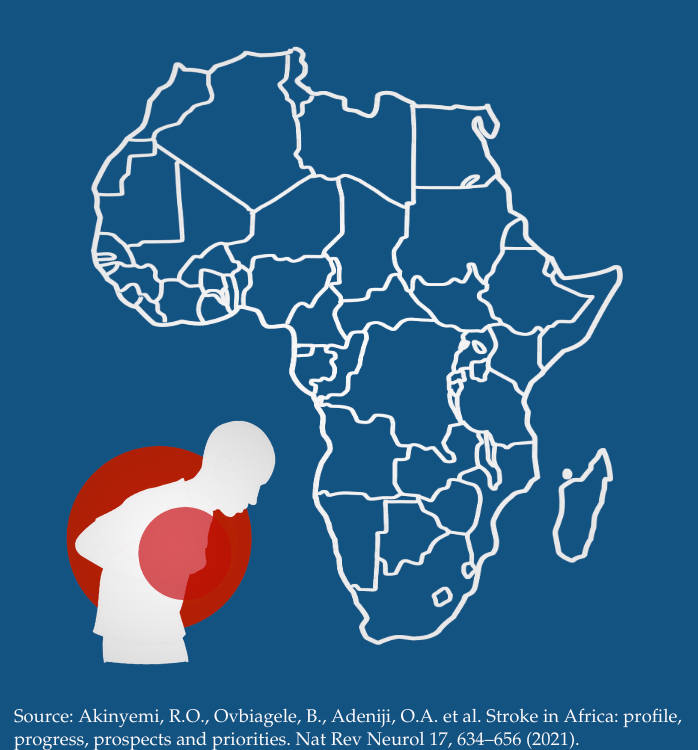Three Recommendations for Stronger Data Ecosystems
Miss the earlier posts in this series? Check out the first, second, and third posts now.
Incentives, accountabilities, and fitness-for-purpose influence how (and whether) data are used to drive policy. So what opportunities exist in national data ecosystems that can catalyze systemic change, toward greater evidence-based decision-making?
1. Recognize political nature of investments – and seek “disinterested mediator”
We explored before how interoperability can be used as a tool for improving administrative data quality. Yet achieving inter- and cross-government interoperability is often challenging. Incomplete data sharing policies can usually be addressed through legislation. However, other barriers to interoperability – such as gatekeeping behavior, feelings of psychological ownership, and avoidance of accountability – are often more difficult to address.
One opportunity identified during this research was the potential of civil registration and vital statistics (CRVS) data acting as an “impartial arbiter” within the national data ecosystem. In addition to the import of CRVS in relation to property rights and gender, CRVS can act as a unique identifier. Validating CRVS against individual profiles in administrative data systems can be used as a quality assurance tool, increasing trust in data accuracy.
In contexts with high population turnover – due to humanitarian crises, voluntary or forced migration, or other factors – CRVS can also provide a more accurate picture of population needs, to supplement decennial censuses and population projections. But importantly, the use of CRVS as an interoperability tool should be pursued in tandem with privacy and ethical considerations. Particularly in humanitarian contexts an over-reliance on technical fixes, without taking time to understand the broader political landscape, can lead to further marginalization.
2. Strengthen investments in government M&E systems
In this series and elsewhere, we’ve explored the importance of government M&E systems as mechanisms for accountability and learning. We and others have found evidence that national M&E systems can help drive demand for data, and encourage adequate funding of data production. Importantly for development partners, this investment in M&E can occur from within existing assistance programs. In particular, results based financing (RBF) programs – in which disbursements are triggered based on the achievement of results targets – offer an opportunity to support programmatic goals and country systems.
Under the Results Data Initiative, we analyzed the World Bank’s RBF Health portfolio. Expenditures on results verification across the portfolio averaged 10% – higher than the 2-3% spend on M&E in most development projects. A relatively small, uni-sectorial portfolio, RBF took a mixed approach to results verification – using a combination of third-party monitoring and administrative data. Our analysis suggests RBF was able to take a systems capability approach. In weaker data ecosystems, programs invested more in long-term government strengthening and relying more on third-party monitoring for verification; in stronger systems, investing and using more government systems as verification. We also noticed an increase in templatization over time – indicating the potential for RBF to achieve benefits at scale over time in other sectors, as well.
3. Get the Communications Right
And last – but not least – we data advocates must get the communications about and for data right, in order to encourage data use and long-term investment. Often, data dissemination was mistaken for data communication. Lengthy, text-heavy reports – frequently produced by government ministries and development partner agencies – may not be in line with policymakers’ information consumption habits, limiting data use.
|
“We [M&E/Statistical Unit] are very thin in terms of human resources. For example, we’re here at this meeting now, and our other colleague is at a district meeting. So nobody is in the office.” – Interviewee |
Further, we often found a consistent under-investment in data units within ministries; and a siloing of data, systems, and program staff. We would argue this under-investment indicates a greater issue: understanding data use is valuable, does not always mean understanding that data is worth investing in. Much more advocacy and outreach needs to happen – across government and development partners – to increase support for, and long-term investment in, data systems strengthening.
So, where to next?
Over the coming months, we at Development Gateway will be digging deeper into country data ecosystems in partnership with UNICEF and Development Initiatives – we encourage you to look out for an official launch post on this work in the next weeks. We’ll also continue to explore country ecosystems through ongoing work on strengthening administrative and agricultural data use, and strengthening subnational data ecosystems.
Additionally, we invite you to read the full Data Ecosystem Diagnostics for Lesotho and the Philippines found in our Publications Library, and stay connected as we continue to share learnings.
Over the past two years, Development Gateway (DG) worked across seven countries and two regions to support the roll-out of UNICEF’s Data for Children Strategic Framework. This work included developing country ecosystem diagnostics and strategic action plans for UNICEF Country Offices in Myanmar, Papua New Guinea, Philippines, Thailand, Viet Nam, Lesotho, and Ethiopia; and for the UNICEF East Asia and Pacific Regional Office. Development Gateway holds long-term agreement with UNICEF to continue this work around the world.
Thumbnail Image: DFID UK, (CC BY-NC 2.0)
Share This Post
Related from our library

The Cancer-Tobacco Link: Using Data to Drive Stronger Tobacco Control Policies
As we observe World Cancer Day today, it is crucial to recognize the significant role smoking plays in the global cancer epidemic. Tobacco use is the leading preventable cause of cancer and cancer-related deaths worldwide, necessitating a dynamic, multidisciplinary approach to tobacco control interventions. DG’s Tobacco Control Data Initiative (TCDI) contains country-specific websites designed to

Demystifying interoperability: Key takeaways from our new white paper
This blog post gives an overview on our latest paper on interoperability, implementing interoperable solutions in partnership with public administrations. Based on over 20 years of DG’s experience, the paper demystifies key components needed to build robust, resilient, and interoperable data systems, focusing on the “how” of data standardization, data governance, and implementing technical infrastructure.

More Smoke, More Stroke
In honor of this year’s World Stroke Day, observed annually on October 29th, this piece aims to raise awareness of the substantial burden of non-communicable diseases–particularly stroke incidents–using the case study of Nigeria, one of the main tobacco production hubs on the continent, in addition to Kenya.